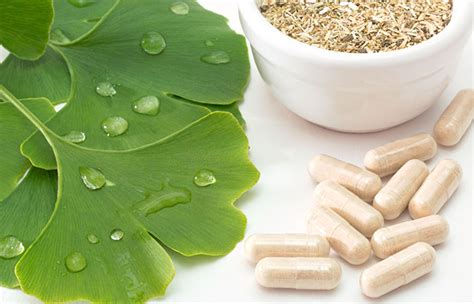
"Plants are nature’s alchemists, expert at transforming water, soil and sunlight into an array of precious substances, many of them beyond the ability of human beings to conceive, much less manufacture.” Michael Pollan
Plant medicines are one of the earliest forms of medicine and have been used for centuries to heal illness and health conditions around the world. These plant spirits are extremely powerful offering amazing properties for us to incorporate for our well-being. These plants are sacred and should be honored as such. If you want to delve deeper seek out an expert, like Laura Aversano who will guide you into this exciting natural world.
In the meantime, you may want to add some of the following medicinal plants to your wellness plan, which have been backed by science.

Turmeric
Although popularly used worldwide in cooking, it is considered anti-inflammatory and can be used topically for arthritic conditions to relieve discomfort.
Benefits: Reduces pain caused by inflammation & arthritis
Caution: Safest when ingested as an herb in cooking or tea. Consuming with pepper helps with absorption. Long-term may cause stomach upsets. If taken as a supplement always watch dosages.

Flax seed
Hailed for it’s anti-inflammatory and anti-oxidant properties it is also available as an oil and is safer in plant based supplements. Best used in meal prep, sprinkled on salads, cereals in smoothies.
Benefits: Reduces Inflammation, regulates blood pressure, decreases obesity
Caution: Can affect estrogen production. Don’t eat raw or unripe seeds, which can be toxic.

Echinacea
The flowers of the Echinacea plant have been used for centuries to prepare teas, juices and elixirs. Best known to boost immunity
Benefits: Shortens colds, immunity, bronchitis, respiratory infections
Caution: Too much can upset the stomach and digestion. Possible allergic reactions.

Gingko
One of the oldest homeopathic plants, Gingko is best know to boost brain health
Benefits: Alzheimer’s disease, Dementia, Inflammation, Anxiety, Depression
Caution: Long-term use can be hard on the liver, so monitor enzymes, May interact
with blood thinners. Be aware of possible side effects

Lavender
This aromatic flower is best known for it’s anti-anxiety benefits and overall calming effects. Studies have confirmed that lavender can directly impact cognitive performance.
Benefits: Anxiety, stress, anti-inflammatory, migraines, blood pressure, mood
Caution: Poisonous if taken orally, can cause skin rash, may alter hormones when applied undiluted.

Chamomile
The calming powers of chamomile are known around the world and used mostly in teas and other herbal concoctions. It can be taken through liquids, capsules or tablets.
Benefits: Anxiety, stress, insomnia, anti-cancer treatments
Caution: May interact with blood thinners and cause allergic reactions.
Laura Aversano is a medical intuitive, ancestral empath and Spiritwalker. Laura has authored various books on healing and spirituality including The Divine Nature of Plants, The Light of God, and Affirmations of the Light in Times of Darkness. She maintains an international clientele in her practice. More about Laura's work and books can be found on her site at www.LauraAversano.com

If you want to dive deeper into Plant Medicine, Laura will be offering a workshop on Intuitive Plant Spirit Healing at Universal Healing Arts Center in Cortlandt Manor on Saturday, August 6 from 1-3pm. For more information, visit universalhealingarts.com






Comments